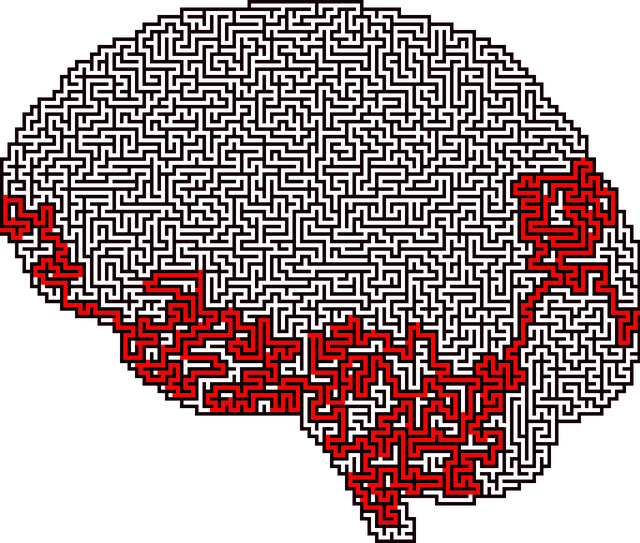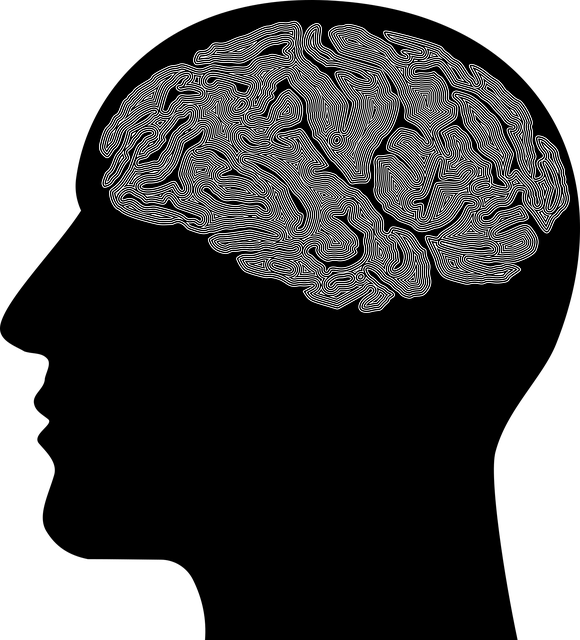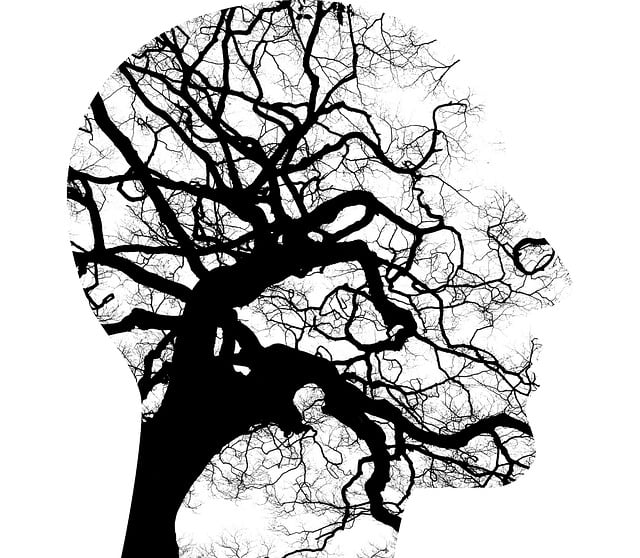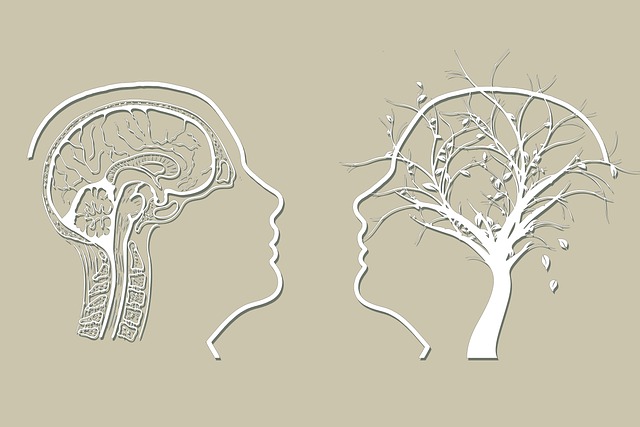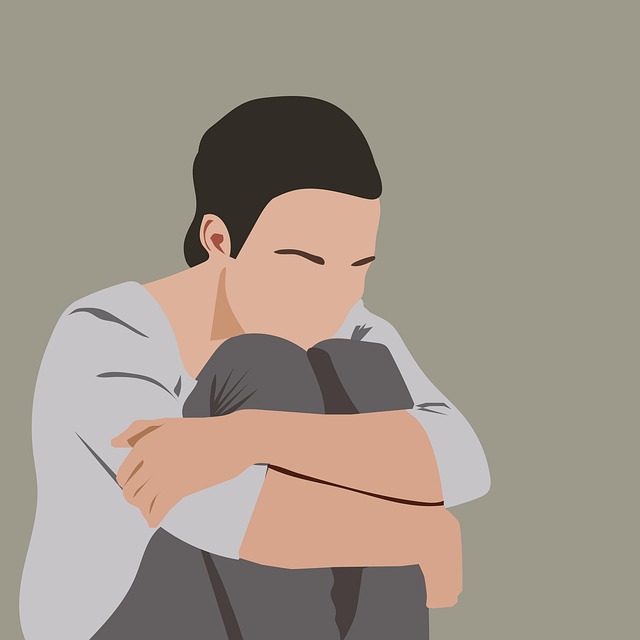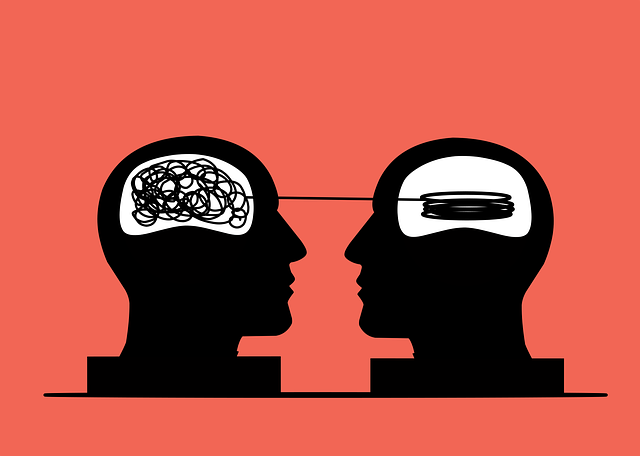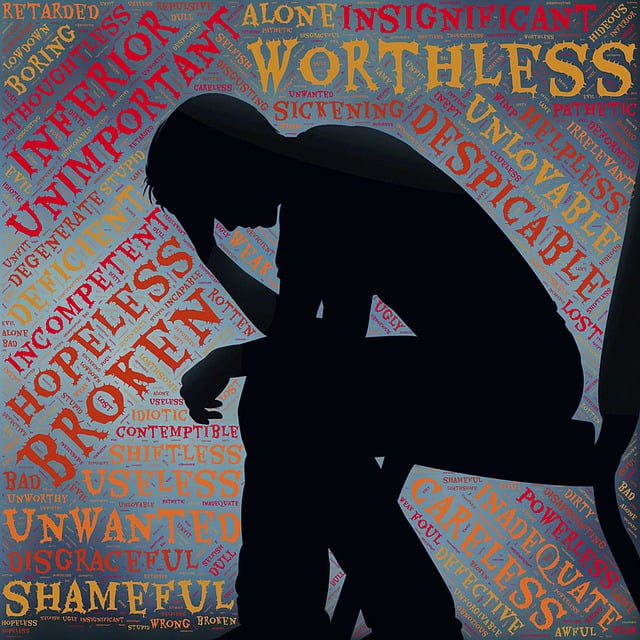Mental illness diagnoses in diverse Colorado Springs face challenges due to varied healthcare access and complex symptoms. Techniques like EMDR therapy, proven for PTSD, are crucial. Holistic mental health care integrates mindfulness, CBT, and burnout prevention to empower individuals with emotional regulation tools. Local providers use these methods, including EMDR services, to address mental health concerns effectively. Efforts focus on improving diagnosis accuracy through advanced techniques and self-awareness practices like Mental Wellness Journaling Exercises, reducing misdiagnosis rates.
Mental illness diagnoses play a pivotal role in patient care, yet they face challenges in accuracy, especially in diverse communities like Colorado Springs. This article delves into the intricate process of mental health assessment, highlighting its complexities and the need for improvement. We explore current diagnostic methods and their limitations, focusing on misdiagnosis rates and their detrimental effects. Through this lens, we introduce Colorado Springs EMDR Therapy as a transformative approach to enhance diagnosis accuracy, offering hope for better patient outcomes. Additionally, we discuss strategies like evidence-based training, community resources, and collaboration for a more robust mental health care system in Colorado Springs.
- Understanding Mental Illness Diagnoses and Their Challenges in Colorado Springs
- – Exploring current diagnostic methods and their limitations
- – Prevalence of misdiagnosis and its impact on patients
Understanding Mental Illness Diagnoses and Their Challenges in Colorado Springs

Mental illness diagnoses in Colorado Springs, like elsewhere, present unique challenges. With a diverse population and varied access to healthcare services, ensuring accurate and timely diagnoses is an ongoing effort. The complexity of mental health conditions, often accompanied by overlapping symptoms, adds another layer of difficulty for healthcare professionals. This is where techniques such as EMDR (Eye Movement Desensitization and Reprocessing) therapy prove invaluable. EMDR has shown significant effectiveness in treating post-traumatic stress disorder (PTSD), a common co-occurring condition in Colorado Springs.
Promoting emotional well-being is not just about diagnosis; it’s also about empowering individuals with tools for better emotional regulation. Techniques like mindfulness, cognitive-behavioral therapy (CBT), and burnout prevention strategies are integral parts of holistic mental health care. By integrating these practices into treatment plans, healthcare providers in Colorado Springs can help clients develop coping mechanisms that enhance their overall emotional resilience and quality of life.
– Exploring current diagnostic methods and their limitations

Mental illness diagnosis is a complex process that heavily relies on various methods and tools. While traditional diagnostic approaches have been effective, they also come with limitations. In many cases, mental health professionals in Colorado Springs EMDR Therapy centers struggle to pinpoint accurate diagnoses due to the intricate nature of human psychology and the variability of symptoms across individuals. This challenge highlights the need for a more nuanced understanding and improved diagnostic techniques.
One significant limitation lies in the subjectivity of assessment methods, where personal interpretations can influence outcomes. Additionally, many current practices may not adequately capture the complexity of mental health conditions, often overlooking subtle connections between symptoms, triggers, and underlying causes. To enhance accuracy, professionals are increasingly incorporating advanced techniques such as Stress Reduction Methods and Coping Skills Development into their practice. Moreover, implementing robust Risk Management Planning for Mental Health Professionals can ensure a more comprehensive and safe diagnostic process, ultimately leading to better patient outcomes.
– Prevalence of misdiagnosis and its impact on patients

Misdiagnosis of mental health conditions is a significant concern, with estimates suggesting that up to 25% of patients may receive incorrect initial diagnoses. This issue has profound implications for individuals seeking help for their mental well-being. In many cases, misdiagnosis leads to inappropriate treatment plans, causing further distress and potentially delaying access to the correct therapy. For instance, a patient experiencing symptoms of anxiety and depression might be mistakenly diagnosed with a less severe condition, resulting in inadequate care.
In Colorado Springs, where EMDR Therapy (Eye Movement Desensitization and Reprocessing) has gained popularity, efforts are underway to enhance diagnosis accuracy. The Mind Over Matter Principles, which emphasize self-awareness and reflection through Mental Wellness Journaling Exercises, can aid in identifying complex symptoms. By promoting emotional well-being through techniques like these, professionals aim to reduce misdiagnosis rates. This approach encourages individuals to actively participate in their mental health journey, providing valuable insights that support more precise assessments.
In Colorado Springs, efforts to enhance mental illness diagnosis accuracy are crucial for improving patient outcomes. By understanding the limitations of current methods and addressing the high prevalence of misdiagnosis, healthcare professionals can provide more effective treatments like EMDR Therapy. This approach ensures patients receive timely, accurate care tailored to their unique needs, fostering a healthier and more supportive community in Colorado Springs.



